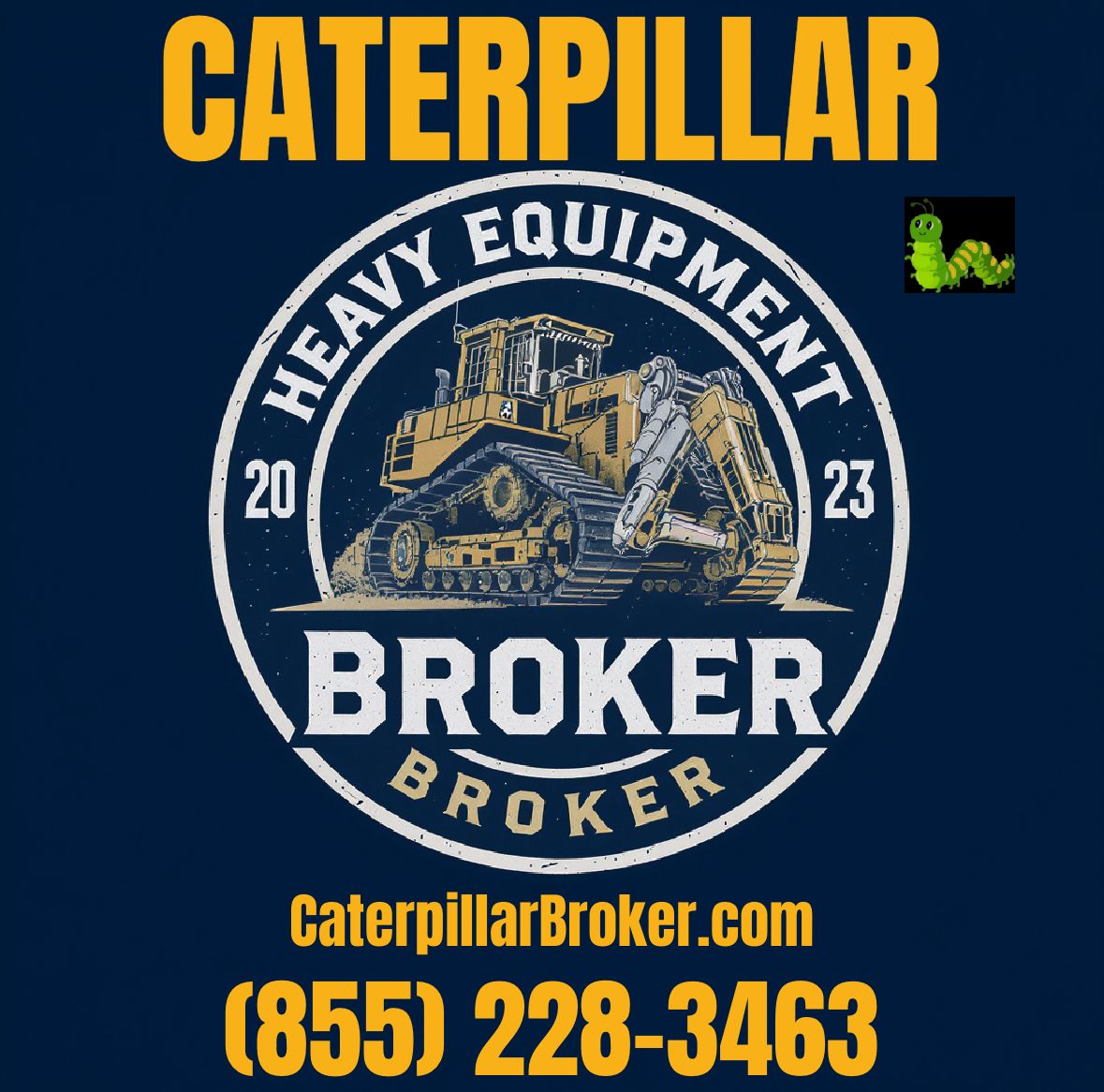How to Maintain Your Construction Equipment for Longevity and Performance
Regular Inspections
Maintaining your construction equipment starts with regular inspections. Establishing a routine for thorough checks can prevent minor issues from becoming major problems. Inspect your equipment for any signs of wear and tear, leaks, or loose parts. Pay particular attention to critical components such as the engine, hydraulic systems, and electrical connections.

Documenting these inspections is crucial. Keep a detailed log of any issues found and the maintenance performed. This practice not only helps in scheduling repairs but also aids in understanding the wear patterns and predicting future maintenance needs. Consistent documentation can enhance the longevity of your equipment.
Proper Lubrication
Lubrication is vital for the smooth operation of construction equipment. It minimizes friction between moving parts, reducing wear and tear and preventing overheating. Identify all the lubrication points on your machinery and adhere to the manufacturer's recommendations for the type and frequency of lubrication required.
Ensure that you use the correct type of lubricant for each part of your equipment. Using the wrong lubricant can lead to increased friction and damage. Regularly check lubrication levels and top them up as necessary to maintain optimal performance.

Regular Cleaning
Dust, dirt, and debris are common in construction environments and can significantly impact your equipment's performance. Regular cleaning helps prevent these contaminants from infiltrating mechanical components and causing damage. Use appropriate cleaning methods, such as pressure washing, to remove dirt and grime from the equipment's exterior.
Pay close attention to air filters and radiators, as these areas often accumulate debris that can restrict airflow and lead to overheating. Keeping these parts clean ensures efficient cooling and prolongs the life of your equipment.
Timely Repairs
No matter how rigorous your maintenance schedule, equipment will occasionally require repairs. Addressing these repairs promptly is essential to avoid further damage. Train your operators to recognize warning signs such as unusual noises, vibrations, or performance issues, and encourage them to report these immediately.

Having a skilled maintenance team on hand can significantly reduce downtime and repair costs. They should be well-versed in the equipment's mechanics and capable of diagnosing and fixing issues efficiently.
Operator Training
Well-trained operators are critical to equipment longevity. Ensure that your operators understand the importance of proper handling and routine checks. They should be familiar with the equipment's operation manuals and adhere to recommended guidelines to prevent unnecessary strain on the machinery.
Regular training sessions can keep operators updated on best practices and any new equipment features. This knowledge empowers them to operate machinery safely and efficiently, reducing the likelihood of operator-induced damage.
